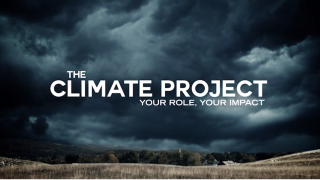
We are all feeling the effects of climate change, but communities of color are feeling them harder and faster.
Meteorologist Chris Gloninger brings us to the intersection of social justice and the climate crisis and asks the experts what it will take to solve this growing problem in "The Climate Project," airing Wednesday at 7:30 p.m. on NBC10 Boston.
These communities feel the impact in their health, jobs, education, and housing. Chris speaks with scientists, social justice advocates, politicians and more to understand the implications and work together to find solutions.
The 1968 Fair Housing Act was supposed to end red-lining, but those lines are still very much there, according to experts. Many of these areas are designated as environmental justice communities. Instead of trees and parks, there is industry, traffic and pollution. These sources of climate change also bring poor health. There is also a lack of renewable energy and energy efficient buildings. Some families spend up to 25% of their monthly income on heating and cooling costs. As the atmosphere warms, it's only exacerbated the impacts of these Urban Heat Islands.
It’s more than just feeling the impacts of heat; communities of color are also at greater risk of flooding. To understand this impact, we must rewind to 2005 and look at Hurricane Katrina. Yes, there were mechanical failures, but most of the aging levy infrastructure was located in the predominately Black areas of New Orleans.
Unfortunately, there has been a lack of research looking at these impacts. There are very few scientists representing communities of color. In order to begin to solve this problem, African Americans need to be better represented in academia and in politics.

